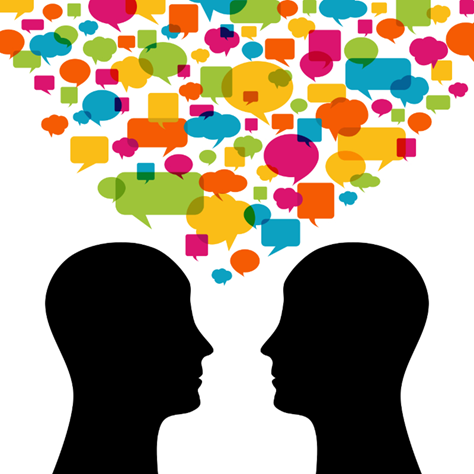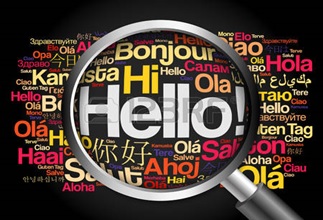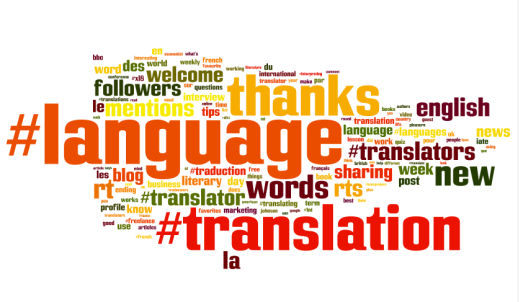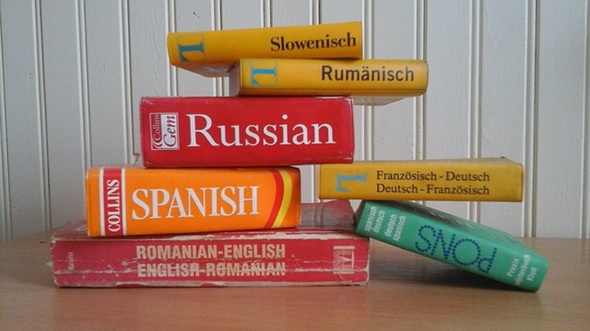It is no secret that Chinese is the most spoken language in the world. With 1.4 billion speakers, it is the most spoken language globally. Out of which 70% are Mandarin speakers accounting 14% of the world’s total population!
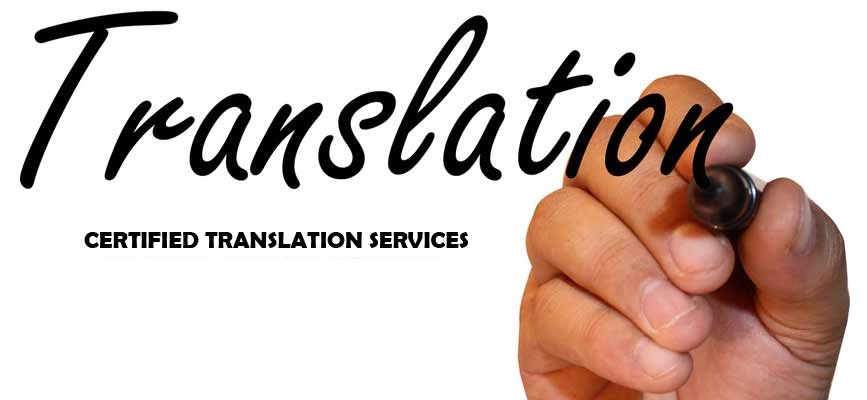
Here are some amazing facts about this language which will make you believe that it is indeed one of the richest languages on earth.
Hardest language to learn
Multiple factors jointly make Chinese one of the toughest languages to learn, especially for native English speakers. Chinese has a unique writing system, grammar, sound, and pronunciation style and there are rare things common in English and Chinese. One must learn around 3,000 characters in order to master the language which is obviously a daunting task.
Calligraphy style
If you are even slightly acquainted with Chinese, you must be aware of the Chinese calligraphy. There are five traditional styles of Chinese calligraphy – Official script, Seal character, Running script, Formal script, and Cursive hand.
Similar sounding words
Chinese is full of similar sounding words which make it difficult for a non-native speaker to differentiate between sound combinations and words. Adding in the tones make this language all the more difficult to listen to and understand.
Pictographic language
The Chinese language was evolved using images; it means the language exists in the simplest form and resembles a game of Pictionary. Not all of the Chinese characters, used today come from ancient drawings of the things they implied to describe. Still, they are very helpful to the newbie learners. For example, pictographs for woods in Chinese is 木 (mù) which becomes 森 (sēn) for forest.
Chinese handwriting is difficult to interpret
Chinese people struggle with handwritings in almost every situation. It is due to a large variation in writing styles and the discrepancies that occur between the written characters and typed text. Even a neat structured when typed become unrecognizable when scribbled at speed by native speakers of Chinese. What printed in books is clear fonted text. However, the transition from handwritten Chinese to reading makes it extremely difficult for language learners.
Conclusion – Now you must have understood how difficult is it to learn and translate the Chinese language. It is where you need the help of Professional Chinese Translation. As we are a full-time translation agency, our translators can translate any document in Chinese to another language and vice versa. Do you need help in translating a document? Contact us at: 888-670-3369.










